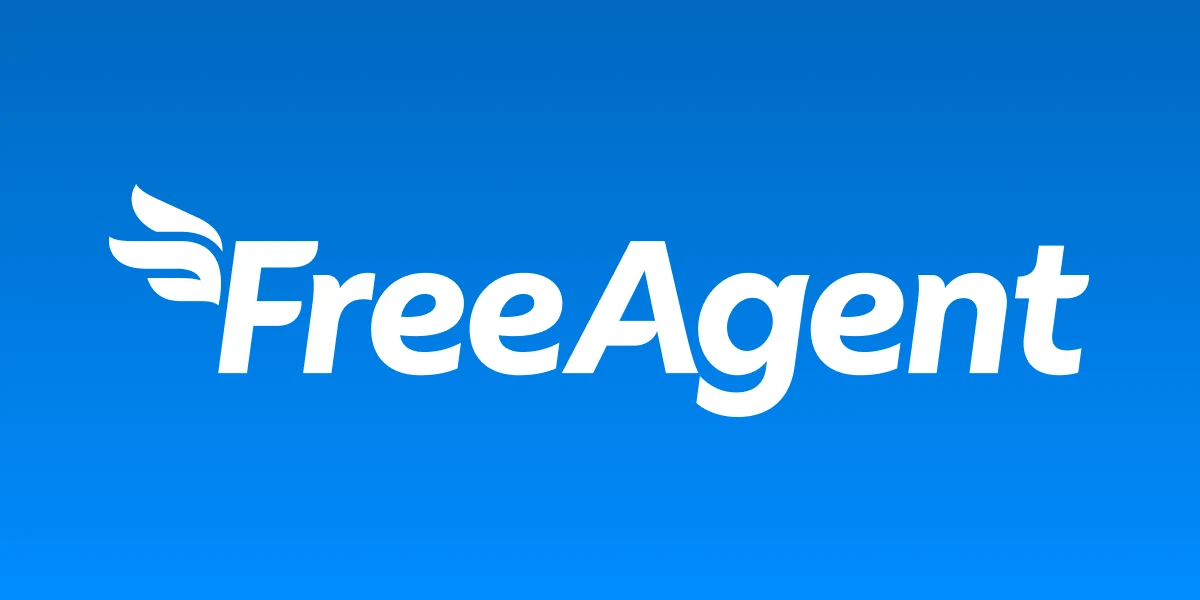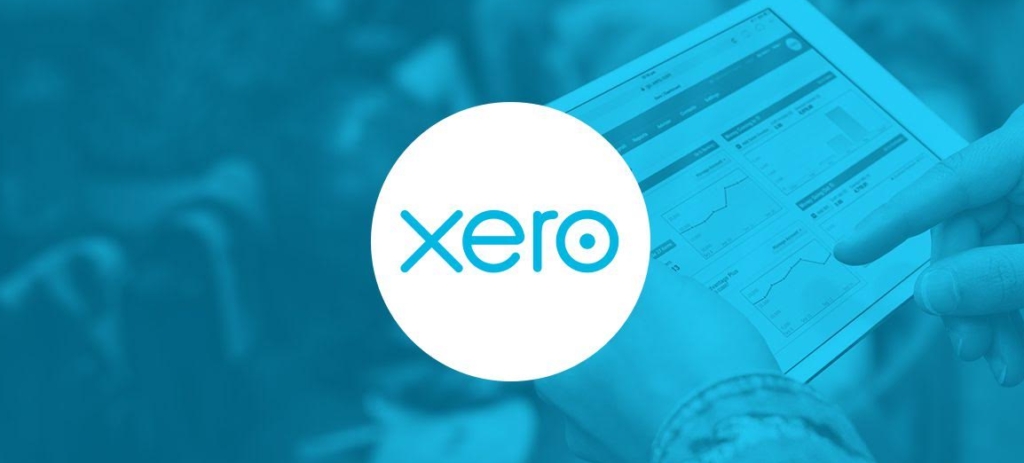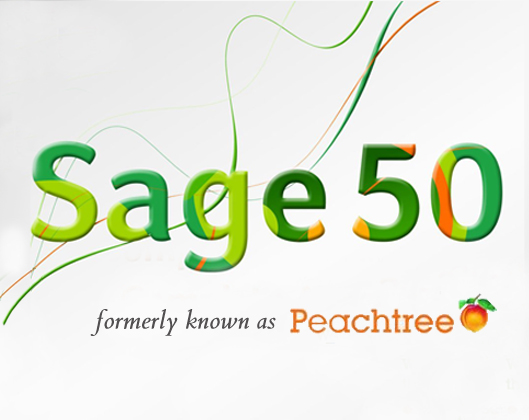The way a company manages its money could be much improved by wise choice of accounting tools for purchase. This tool can reduce time, expedite procedures, and guarantee legal validity of everything. From small startups to established organisations spanning decades, this article, “The Top Ten Best Accounting Softwares To Use For Your Business,” examines 10 outstanding programs that may satisfy the demands of companies of all kinds. Discover more about the great capabilities of large solutions such QuickBooks, Xero, FreshBooks, Wave, Sage, and Zoho Books. Each of these has sophisticated functionality and simple interfaces.
These instruments will enable you to create professional invoices, track your expenses, manage payroll, and complete taxes. While some are excellent in giving simple access to the cloud, others are fantastic at automating chores or interacting with technologies like e-commerce systems. The guide dissectes the elements that define every piece of software so that users may make a wise decision. It covers topics including customer service, ability to expand, and price. Using one of these top accounting solutions helps companies concentrate on expanding their operations while lowering their error rate and clarifying their financial reporting.
The Top Ten Best Accounting Softwares To Use For Your Business
10. Kashoo – Simple Accounting for Small Businesses
Kashoo stands out as a straightforward accounting software perfect for small businesses and startups needing basic financial management tools. Priced at around $30 per month, it offers intuitive invoicing, expense tracking, and basic reporting, making it ideal for those new to accounting. Its clean interface ensures easy navigation, allowing users to manage cash flow and generate financial statements without complexity. Kashoo supports bank reconciliation and connects to payment processors like Stripe, streamlining transactions.
However, it lacks advanced features like inventory management or multi-user support, which may limit its scalability for growing businesses. The software’s cloud-based design ensures accessibility from anywhere, and its automation features reduce manual data entry, saving time. Kashoo is best suited for sole proprietors or small teams prioritizing simplicity over robust functionality. Its affordability and ease of use make it a solid choice for businesses starting their financial management journey, though those with complex needs may need to explore other options.
9. Free Agent – Freelancer-Friendly with Robust Features

Free Agent is a top pick for freelancers, sole traders, and small businesses, especially in the UK, due to its Making Tax Digital compliance. Starting at £33 per month (with introductory offers at £16.50 for the first six months), it provides a 90-day cashflow forecast, real-time expense tracking, and automated invoicing. The platform integrates with bank accounts for seamless transaction reconciliation and offers optional add-ons like receipt capture for £5 per month.
Its user-friendly dashboard simplifies tax calculations, including VAT returns, making it a favorite among novice accountants. FreeAgent’s mobile app enhances on-the-go financial management, though its customer support hours are limited to weekdays. While the software excels in ease of use and compliance, additional costs for features and its focus on smaller operations may not suit larger businesses. FreeAgent’s blend of affordability, automation, and tax support makes it a strong contender for freelancers aiming to streamline bookkeeping and stay compliant in 2025.
8. Intuit QuickBooks Solopreneur – Affordable for Microbusinesses

Intuit QuickBooks Solopreneur is tailored for microbusinesses and independent contractors, offering a budget-friendly solution at $20 per month. It includes essential features like invoicing, income and expense tracking, and tax planning tools, all accessible via a robust mobile app. Its seamless integration with bank accounts automates transaction imports, and automatic mileage tracking simplifies expense reporting for those on the move. The software’s intuitive design ensures quick setup, and its upgrade path to advanced QuickBooks versions supports growing businesses.
However, it lacks advanced reporting and bill management, which may frustrate users with complex needs. QuickBooks Solopreneur shines for its affordability and ease of use, making it ideal for part-time freelancers or sole proprietors focused on basic financial management. Its cloud-based platform ensures secure data access, and its tax tools help prepare for filings, positioning it as a practical choice for cost-conscious businesses looking to streamline accounting in 2025.
7. Patriot Software Accounting – Budget-Friendly and Intuitive

Patriot Software Accounting is one of the most affordable options, starting at $20 per month for its Solopreneur plan, making it a go-to for small businesses on a tight budget. Its intuitive interface simplifies bank reconciliation, invoicing, and expense tracking, with mobile access for managing finances anywhere. The software integrates with Patriot’s payroll solution, streamlining employee payments for small teams. However, it lacks advanced features like time tracking or inventory management, which may limit its appeal for businesses with specialized needs.
Patriot’s strength lies in its cost-effectiveness and ease of use, with automation reducing manual bookkeeping tasks. Its clean dashboard provides clear insights into cash flow, and its customer support is highly responsive. Ideal for startups or small retailers, Patriot Software Accounting offers a no-frills solution for businesses prioritizing affordability and simplicity in their financial management strategy for 2025.
6. Wave – Best Free Option for Small Businesses
Wave is a standout for budget-conscious businesses, offering a free plan that includes unlimited invoicing, transaction management, and multicurrency support. For advanced features like bank transaction imports and receipt scanning, the Pro plan starts at $16 per month. Wave’s double-entry accounting ensures accurate bookkeeping, and its customizable invoices align with brand aesthetics. The platform connects to bank accounts and payment processors like PayPal, automating expense tracking and payment reminders.
While the free plan is robust for basic needs, its limitations, such as add-on costs for payroll, may push users to upgrade. Wave’s user-friendly interface and mobile app make it accessible for freelancers and small businesses, particularly those in service industries. Its affordability and simplicity make it a top choice for startups looking to manage finances without breaking the bank, though growing businesses may need more advanced tools in 2025.
5. Zoho Books – Scalable Solution for Growing Businesses

Zoho Books is a versatile accounting software ideal for businesses seeking scalability, with a free plan for microbusinesses and paid plans starting at $15 per month (billed annually). It offers multi-currency support, automated workflows, and inventory tracking, integrating seamlessly with Zoho’s ecosystem of business apps. The platform’s robust features include invoicing, expense management, and detailed financial reporting, making it suitable for small to medium-sized enterprises.
Its mobile app, highly rated on Google Play and the App Store, ensures real-time financial oversight. Zoho Books is Making Tax Digital-compliant, simplifying VAT submissions for UK businesses. However, its extensive features can feel complex for beginners, and payroll integration is limited outside certain regions. With its affordability, customization options, and cloud-based accessibility, Zoho Books is a powerful choice for businesses aiming to streamline financial management and scale operations efficiently in 2025.
4. Xero – Powerful and Collaborative for Small Teams

Xero is a cloud-based accounting software renowned for its user-friendly interface and unlimited user access, starting at $20 per month. It excels in robust reporting, bank reconciliation, and payroll integration with platforms like Gusto. Xero’s dashboard provides a clear snapshot of financial health, and its 1,000+ integrations, including Shopify and Stripe, enhance its versatility. The software supports multi-currency transactions, making it ideal for businesses with international dealings.
However, its entry-level plan limits invoicing and bill entries, and time tracking requires project linkage, which may frustrate some users. Xero’s mobile app and real-time collaboration features make it a favorite for small teams needing seamless financial management. Its automation reduces manual tasks, and its Making Tax Digital compliance ensures smooth tax filings. Xero is a top choice for startups and small businesses looking for scalability and collaboration in 2025.
3. FreshBooks – Intuitive for Service-Based Businesses

FreshBooks is a cloud-based accounting software designed for service-based businesses like freelancers, consultants, and agencies, with plans starting at $30 per month. Its intuitive interface simplifies invoicing, time tracking, and expense management, with customizable invoices that enhance brand professionalism. The mobile app allows on-the-go access, and integrations with payment gateways like Stripe ensure smooth transactions. FreshBooks offers robust project management tools, though its inventory tracking is weak, and additional users incur extra costs. Its double-entry accounting and detailed reporting provide clear financial insights, making tax preparation straightforward.
The platform’s automation, such as recurring billing and payment reminders, saves time for busy professionals. FreshBooks is ideal for small businesses prioritizing ease of use and client-focused features, though growing firms may need more advanced capabilities. Its user-friendly design and mobile accessibility make it a strong contender for efficient financial management in 2025.
2. Sage 50 Accounting – Robust for Inventory Management

Sage 50 Accounting is a comprehensive solution for businesses needing advanced inventory tracking and reporting, with plans ranging from $30 to $99 per month. Its desktop-based platform, integrated with Microsoft 365, offers robust features like job costing, budget forecasting, and detailed financial reports. Sage’s inventory management allows custom unit tracking and purchase order monitoring, ideal for retail or manufacturing businesses. However, its Windows-only compatibility and lack of mobile apps may limit accessibility.
The interface, while functional, feels dated compared to cloud-based competitors. Sage’s strength lies in its depth, with tools for risk management and global account handling, making it suitable for complex financial needs. Its automation reduces errors in bookkeeping, and its scalability supports growing businesses. For companies prioritizing inventory and in-depth reporting over mobile access, Sage 50 Accounting is a powerful choice for streamlining financial operations in 2025.
1. Intuit QuickBooks Online – The Ultimate All-Rounder
QuickBooks Online earns the top spot as the most versatile accounting software for small businesses, with plans from $30 to $99 per month. Its cloud-based platform offers comprehensive features, including inventory management, customizable reporting, and time tracking. The software integrates with over 750 apps, such as PayPal and Shopify, and supports multi-currency transactions for global businesses.
Its user-friendly dashboard provides real-time financial insights, and the mobile app ensures accessibility. QuickBooks Online automates invoicing, expense tracking, and tax calculations, with Making Tax Digital compliance for UK users. While its higher cost and complex mobile app may be drawbacks, its scalability and extensive support resources make it a favorite among accountants. Ideal for businesses of all sizes, QuickBooks Online streamlines financial management, reduces errors, and supports growth, making it the go-to solution for 2025.



